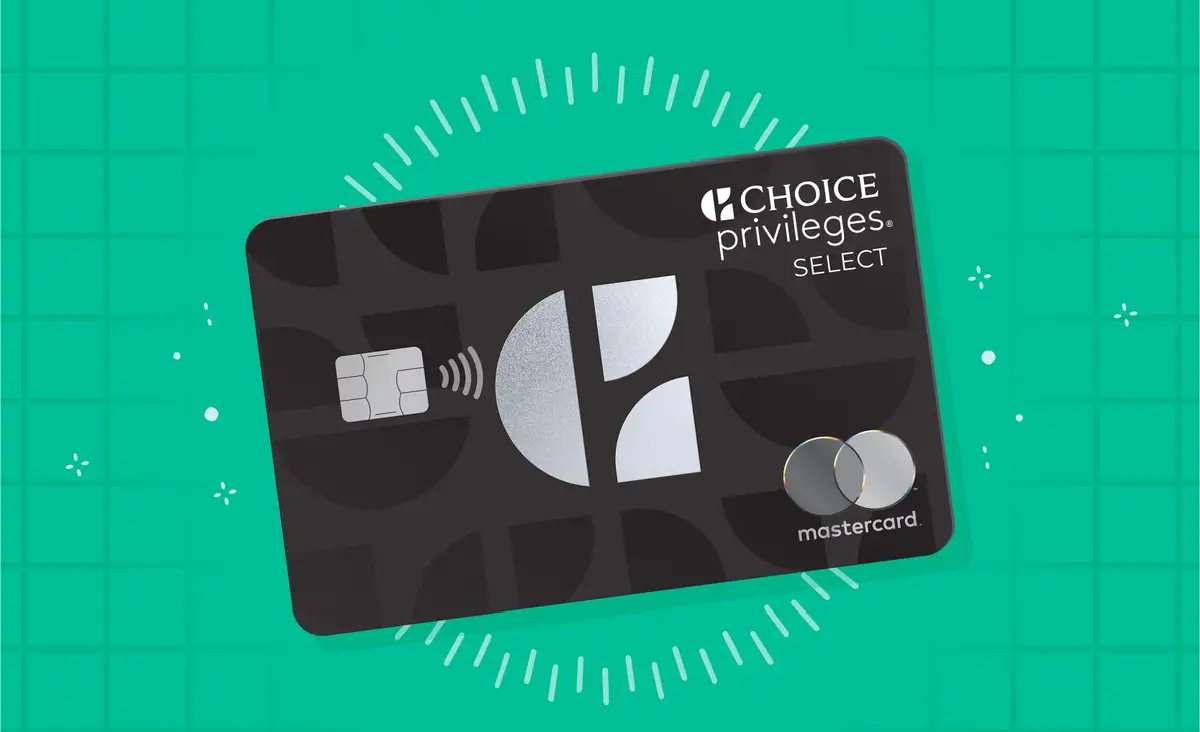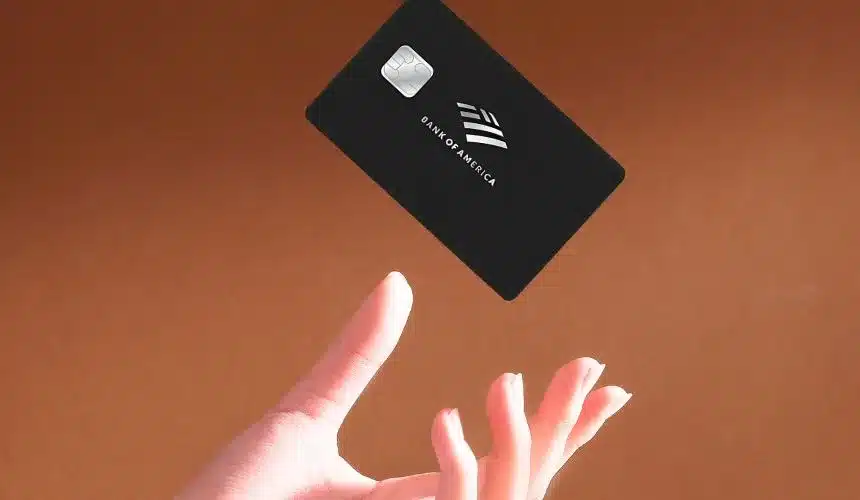The impact of credit cards on debt and how to avoid pitfalls

Understanding Credit Cards and Their Effects
Credit cards can be a powerful financial tool, providing convenience and flexibility. However, they can also lead to significant debt issues if not managed wisely. It’s crucial to comprehend the balance between their benefits and the potential pitfalls.
Credit cards allow consumers to make purchases without immediate cash, which can be helpful in emergencies or when planning sizable investments, such as travel expenses or home repairs. However, this convenience comes with responsibilities that, if overlooked, can result in serious financial challenges.
Here are some essential points to consider:
- Overspending Risk: The ease of swiping your card can lead to purchasing more than you can afford. For instance, a weekend shopping spree might seem harmless until you see the cumulative total on your statement. It’s easy to lose track of spending when you aren’t handing over physical cash, which can lead to a balance that exceeds your ability to repay.
- High Interest Rates: Carrying a balance on your credit card can rack up interest charges quickly, making debt harder to manage. Many credit cards have annual percentage rates (APRs) of 15% to 25%, which means if you carry a balance of $1,000, you could end up paying $150 to $250 just in interest over the course of the year. This can create a snowball effect, making it challenging to pay down the principal amount.
- Credit Score Impact: Late payments or high credit utilization can damage your credit score, affecting future borrowing. A credit score is a numerical representation of your creditworthiness, used by lenders to determine the risk associated with lending to you. If you’re late on a payment, it may stay on your record for up to seven years, impacting your ability to secure loans for significant purchases such as a home or vehicle.
Many users find themselves trapped in a cycle of debt due to a lack of understanding and planning. A common scenario is the “minimum payment trap,” where consumers only pay the minimum due each month, failing to realize how long it will take to pay off their balance, thereby incurring more interest. Recognizing these challenges is the first step toward financial responsibility. By grasping the impact of credit cards, you can make informed decisions that help you avoid debt.
This article will explore effective strategies to navigate the world of credit while steering clear of common pitfalls. For example, keeping track of your spending with budgeting apps or committing to pay off your balance in full each month can drastically improve your financial health. By educating yourself, you can transform your credit card experience into a positive aspect of your financial life and utilize credit as a tool for building wealth rather than a source of stress.
CHECK OUT: Click here to explore more
Identifying Common Credit Card Pitfalls
As users navigate the world of credit cards, it’s essential to recognize the various pitfalls that can lead to overwhelming debt. Understanding these common pitfalls can empower you to make better financial choices and foster a healthier relationship with credit. Here are some prevalent issues that many credit card users face:
- Impulse Spending: Credit cards can turn the act of spending into a somewhat abstract experience. When you swipe a card rather than using cash, it can feel less tangible and more like an unending supply of funds. This can lead to impulse purchases, which are often unnecessary and can significantly contribute to your credit card debt. It’s important to always ask yourself if the purchase is essential before making the decision to buy.
- Ignoring Annual Fees: Some credit cards come with annual fees that can add to your overall costs, especially if you don’t utilize the perks or rewards they offer. For instance, a card may offer rewards for travel, but if you rarely travel, paying an annual fee may not make financial sense. Always read the terms and conditions before applying for a credit card, and consider the fee in your overall budget.
- Underestimating Minimum Payments: Paying only the minimum amount due each month can be deceivingly easy. While it may ease your immediate financial burden, sticking to minimum payments can mean lingering debt for years and paying significantly more than the original amount borrowed due to accrued interest. For example, a $2,000 balance at a 20% interest rate could take more than five years to pay off if you only make the minimum payment, costing you nearly $1,000 in interest alone.
- Failure to Monitor Statements: Regularly reviewing your credit card statement is critical. Many consumers overlook unauthorized charges or might miss payments due to inattention. This lack of oversight can lead to increased debt and potential fraudulent activity going unnoticed. Setting reminders or using financial apps can help ensure you stay on top of your statements and avoid any unwanted surprises.
By being aware of these pitfalls, you can take proactive steps toward managing your credit card more effectively. The key is to remain vigilant and disciplined regarding your spending habits. Creating a budget that aligns with your income and monitoring your spending closely can foster a more positive credit experience.
In the following sections, we will explore specific strategies to help you navigate these challenges and enhance your credit management skills, turning potential pitfalls into opportunities for financial growth. Implementing effective habits will not only help you avoid debt but also ensure that your credit card remains a valuable asset in your financial toolkit.
SEE ALSO: Click here to read another article
Strategies for Responsible Credit Card Use
Understanding the common pitfalls of credit card usage is only the beginning. The real challenge lies in implementing effective strategies to mitigate these risks and foster responsible credit habits. Here are several practical strategies that can help you use credit cards wisely while minimizing the likelihood of falling into debt:
- Create a Budget: Establishing a budgeting plan is an essential step in managing your finances effectively. By outlining your income and expenses, you can determine how much you can afford to charge on your credit card each month without exceeding your means. Stick to your budget to prevent overspending and ensure you use your credit card responsibly. This structured approach can make it easier to keep track of your spending and identify areas where you can cut costs.
- Pay Your Balance in Full: To avoid accruing interest on your purchases, aim to pay off your credit card balance in full each month. This habit not only helps you build a positive credit history but also protects you from the negative impacts of high-interest rates. For example, if you spend $1,000 on your credit card but pay it off entirely within the billing cycle, you won’t incur any interest charges. This practice can also work to your advantage if you’re planning to make a larger purchase or a significant financial investment in the future.
- Set Up Automatic Payments: To avoid late fees and additional interest charges, consider setting up automatic payments for your credit card. This can help you consistently meet payment deadlines and keep your credit utilization rate low. You can choose to pay either the full balance or a fixed amount each month. This method not only simplifies the process but also lessens the risk of forgetting a payment, which can negatively affect your credit score.
- Utilize Credit Card Rewards Wisely: Many credit cards offer rewards programs that can be enticing, but it’s important to understand how they work. While accumulating points or cash back can be appealing, it’s crucial to not overspend merely to earn rewards. For instance, if your card offers 2% cash back but leads you to spend beyond your budget, the potential rewards will be overshadowed by the debt incurred. Evaluate whether the benefits align with your spending habits before committing to a rewards card.
- Educate Yourself on Credit Scores: Having a solid grasp of how credit scores work can influence your credit card usage positively. Understand factors that contribute to your credit score—such as payment history, credit utilization, and length of credit history. This knowledge can guide your decisions and encourage responsible use of credit. For example, maintaining a credit utilization ratio (the amount of credit you’re using relative to your total available credit) below 30% is a smart move to enhance your score.
By putting these strategies into action, you can develop a disciplined approach to credit card usage that minimizes debt and enhances your financial well-being. The key is awareness and proactive management of your credit activity, allowing you to reap the benefits of credit without falling into the trap of overwhelming debt.
CHECK OUT: Click here to explore more
Conclusion
In conclusion, credit cards can be a double-edged sword. On one hand, they offer significant advantages such as convenience, security, and access to rewards; on the other hand, they can lead to spiraling debt if not used responsibly. The key to harnessing the benefits of credit cards lies in understanding and managing your spending habits effectively. This means being mindful of how and when you use your card, ensuring that you do not exceed your budget or fall into the trap of making unnecessary purchases simply because you have credit available.
To start, creating a realistic budget is crucial. This means tracking your income and expenses to get a clear picture of where your money goes each month. You might consider using budgeting apps or spreadsheets to stay organized. Once you have a budget, stick to it firmly while allowing for some flexibility to accommodate occasional treats or emergencies. For example, if you know you have a favorite restaurant you seldom visit, plan ahead in your budget to enjoy a meal there without guilt.
Another essential practice is paying your balance in full each month. By doing so, you can avoid interest charges that can quickly accumulate, turning your manageable debt into a financial burden. For instance, if you carry a balance of $1,000 on a card with a 20% annual interest rate, that could cost you $200 in interest alone if you only make the minimum payment over a year.
Additionally, setting up automatic payments for your recurring expenses can help ensure that you never miss a due date, which protects your credit score and prevents late fees. For example, automate payments for subscriptions like Netflix, or even credit card dues, to streamline your finances.
Furthermore, take the time to educate yourself about your credit score. Your credit rating influences everything from loan eligibility to interest rates. Regularly checking your score and understanding the factors that affect it, such as credit utilization and payment history, is beneficial. Engaging in responsible use of rewards credit cards can also enhance your financial health. For instance, choosing a card that offers cashback on groceries or travel rewards can provide excellent benefits when used wisely.
Ultimately, being proactive in your credit card management can empower you to avoid common traps. Instead of allowing debt to accumulate, you can enjoy the advantages that responsible credit use provides. Viewing your credit card as a financial tool rather than just a medium for spending will enable you to maintain control over your finances. By embracing these strategies, you are equipping yourself with the knowledge and habits necessary to build a stable and healthy financial future.


